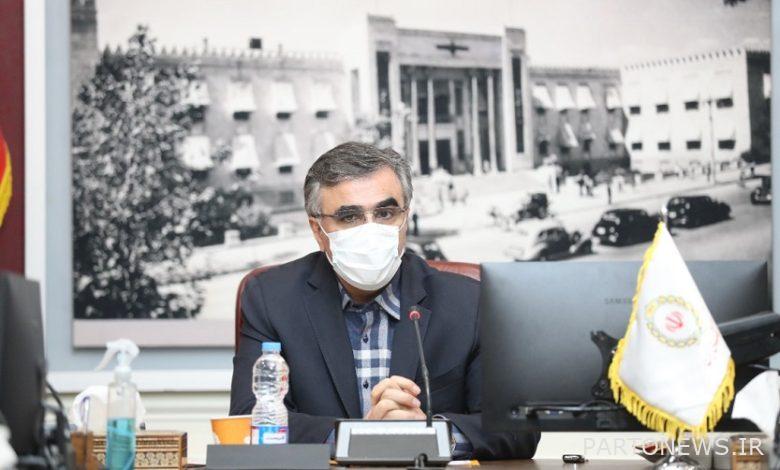Obliging to give priority to domestic investment in the country

According to Monetary News, quoting the public relations of Bank Melli Iran, Mohammad Reza Farzin, CEO of Bank Melli Iran, in the conference, which was attended by officials, bank managers and economic managers, stressed that oil leads to the experience of foreign exchange reserves and creating “Oil is not a permanent asset, and that is why the world has been moving since the 1960s on how to use that wealth,” he said. In Iran, in the 1950s, we witnessed a severe inflationary recession due to increased oil revenues, so preventing this inflationary recession, led countries to create wealth funds.
He added: “Accordingly, stabilization funds were formed to stabilize the economy at a time of declining government revenues and an anti-cyclical financial effect, with some advocating their prudent function.” Another function is the intergenerational function of funds, which is much debated today.
Farzin continued by stating that the third function of funds is development and investment that leads to domestic production: Today, many thinkers consider the optimal model of cash register to be the Norwegian model, which is also called a bird in the hand, but This model, despite the high benefits for Norway, is not a good model for developing countries and large countries like Iran, and most of the money in our country should be invested domestically.
The CEO of Bank Melli Iran stated: “According to the mentioned cases, the foreign exchange reserve account was created in the country in the 80’s so that we can use the foreign exchange resources of this account in case of instability due to oil revenues;” Of course, at the end of the 1980s and in the face of rising oil prices, because this account did not have a development function, we decided to create a national development fund.
He emphasized that the National Development Fund pursues two functions: “intergenerational” and “investment and development”. To know. It was also possible to invest in the monetary and financial markets and to combine the fund’s resources with foreign sources for investment.
Farzin also mentioned the lack of stabilization duties in the articles of association as a weakness of the National Development Fund and said: “Also, the type of relationship between the fund and banks has been weakened.” Of course, we must also pay attention to the fact that the maturity of the National Development Fund in the country coincided with the period of sanctions, and this fund could not have matured well.
“The National Development Fund should focus on domestic investment,” he said. “On the other hand, our economy improves when our diplomacy is right, so we can interact with regional funds.”
The CEO of Bank Melli Iran pointed out: We must use the resources in a balanced way in the country. In other words, Sistan must be as important as Tehran. We must pay attention to the regional balance, which is considered a serious threat to the country today, and in allocating the resources of the National Development Fund, we must also take into account the degree of development of the provinces.